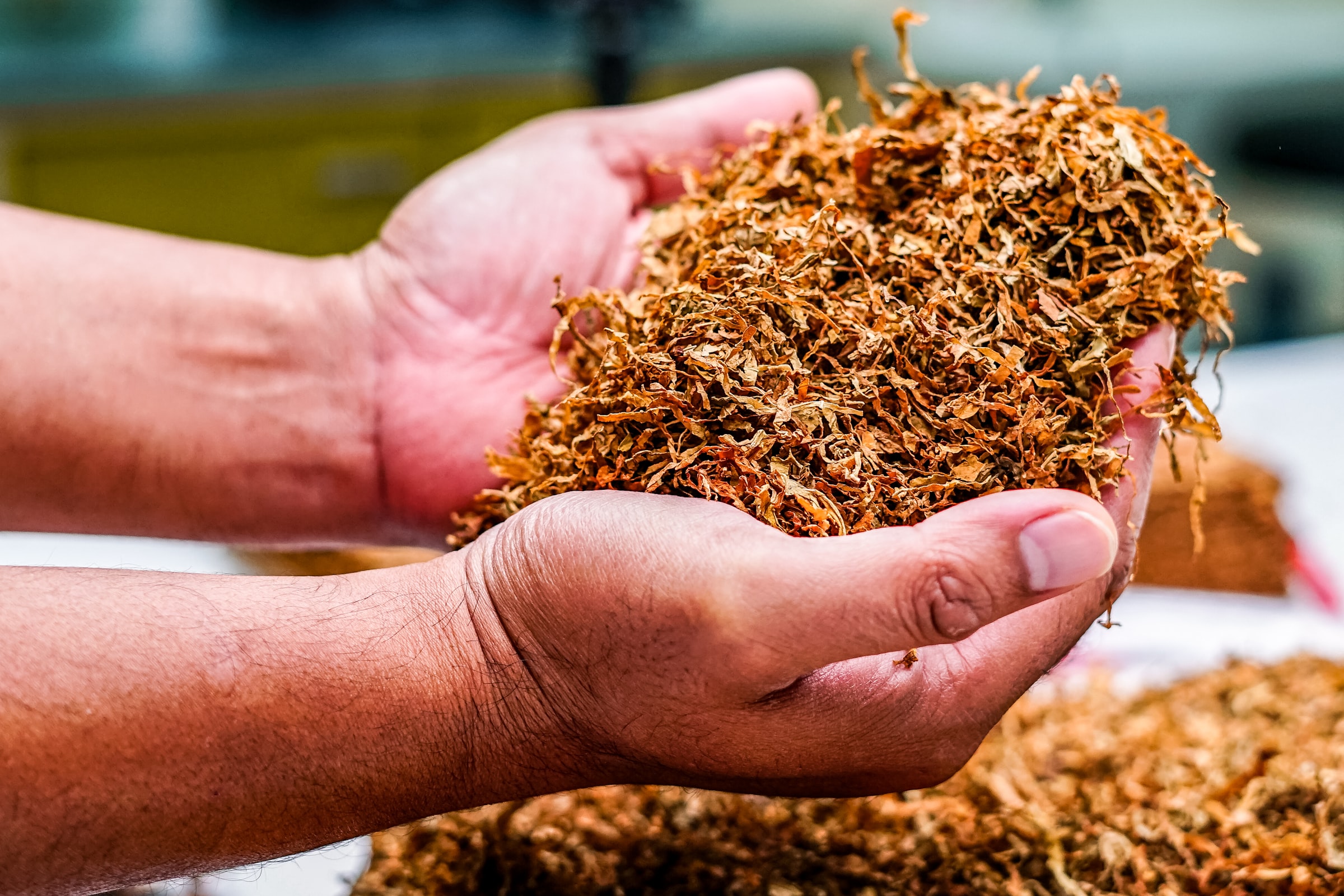The pioneers of commercial tobacco production, The British South Africa Company, could not have fathomed that what seemingly began as a production option to growing food crops and raising livestock in the Highveld would become the stepping stone in the emergence of what is now one of Zimbabwe’s most lucrative agricultural products. The small beginnings now boast a sector dominated by a number of industry players in the production and processing of tobacco, and its associated subindustries.
Prominent in this industry is Cavendish Tobacco Zimbabwe, a member of the Cavendish Lloyd Group, an international company servicing the whole tobacco supply chain through a variety of products and services. At Cavendish Tobacco Zimbabwe, the financial operations are overseen by the talented Miss Rebecca Manford, the company’s Chief Finance Officer.
She holds a Bachelor of Accounting Science (BCompt) from the University of South Africa (UNISA), gained her professional chartered accountant qualification through the Association of Chartered Certified Accountants (ACCA), and continued to obtain a Master of Business Administration degree with the University of Suffolk. These qualifications help her to manage her current portfolio encompassing treasury and finance, business strategy and operations.
She never imagined working in the agricultural sector, as she spent a good amount of time in auditing and later in finance retail, wholesale, and manufacturing. Agriculture and specifically tobacco was a whole different ball game through which her determination to learn and achieve has brought her reputable success. Her knowledge regarding tobacco production system was gained through on the job training.

Cavendish Tobacco Zimbabwe’s CFO, Rebecca Manford,
oversees financial operations.
The agricultural sector is a very significant and important industry for the Zimbabwean economy, and her role at Cavendish allows her as a citizen to contribute her part to the country. She is inspired by the need to live out her purpose which keeps her afloat in moments of despair.
Working in a male dominated sector has taught her to ‘man-up!’ as men are very solution oriented. She has thus learnt that in any crisis one must set aside one’s emotions and focus on how the crisis can be managed and resolved, and despite the existence of a notable atmosphere of sexism in the tobacco sector as in any other industry, she has managed to play her role optimally by being bold, speaking out and initiating change where she can.
The best benefit from IT, in her experience, is that it continues to advance to accessing and extraction of information, and reporting is now quicker. The availability of advanced internal Enterprise Resource Planning (ERP) systems mean that a decisionmaker can always make informed decisions in a shorter turnaround time.
She believes that Zimbabwe’s IT infrastructure could be improved through digitalising a lot of the processes and approvals that currently have to be obtained physically from various government departments and associated industry agents. This would make business operations more efficient. Also, availability of up-to-date platforms related to the tobacco industry would make information easier to obtain as sadly most of this is done manually.
Zimbabwean tobacco is still very desired by most markets, a status that can only be upheld though the collaboration of tobacco producers to ensure that growers are equipped with everything they need to produce a top quality crop.
What Cavendish CFO would like to see, are possible tax breaks and suspension of certain associated trading fees. This type of support would ensure that in the aftermath of Covid-19, tobacco merchants and growers can bounce back.

The Zimbabwean agricultural sector is very important, and Rebecca’s role at
Cavendish allows her to contribute to the country. (Image source: worldatlas.com)
Covid-19 resulted in spikes in freight charges which consequently increased the cost to produce and export tobacco, meaning margins had to be revised. Since the beginning of Covid-19 to now, most executives have realised that there must always be forward planning and measures to counteract and react towards a pandemic or natural disaster.
As advice to those interested in occupying a position of her stature she recommends: “The bare minimum requirement to get anywhere in life is still simply to believe in yourself. There are no shortcuts to getting anywhere in life and in commerce. You have to put in the work. You have to work hard, remain focused and have the ability to pick yourself up after each setback or disappointment.”
She further reiterates that the internal work one needs to do is making sure one has all the education and skill required to continue advancing oneself in every way, because to become an executive, one needs to be a true leader and must make value-adding contributions to the organisation served. Lastly, when entering a new industry, it is paramount to learn and read widely to always be aware and informed.
Miss Manford is pleased to witness more small-scale farmers at the tobacco auction floors. She believes wealth is indeed from the soil and urges the younger generation to also be ready to take the baton and continue with farming as their forefathers did in the past.
“We all have a reason and purpose on this earth and we must work every day to stay on assignment,” she says, and her assignment is beyond agriculture as she is not only a respected Zimbabwean Chartered Accountant, she is also a gospel musician, fitness influencer, and philanthropist.









